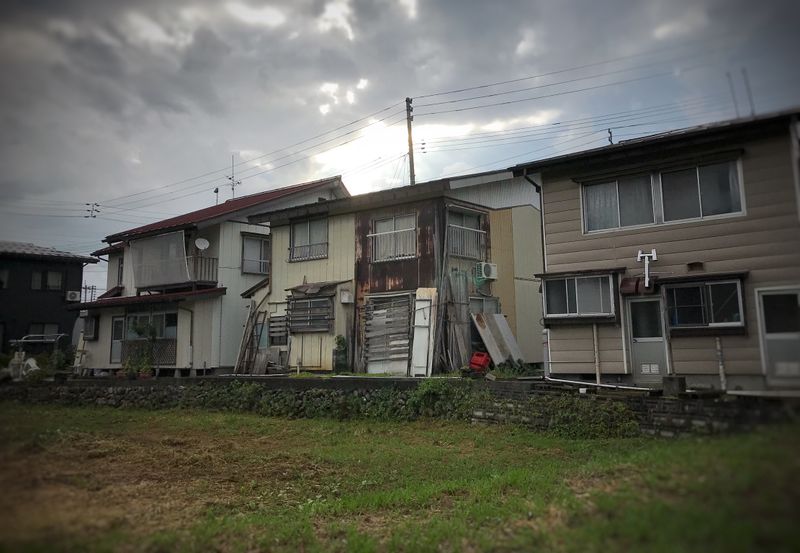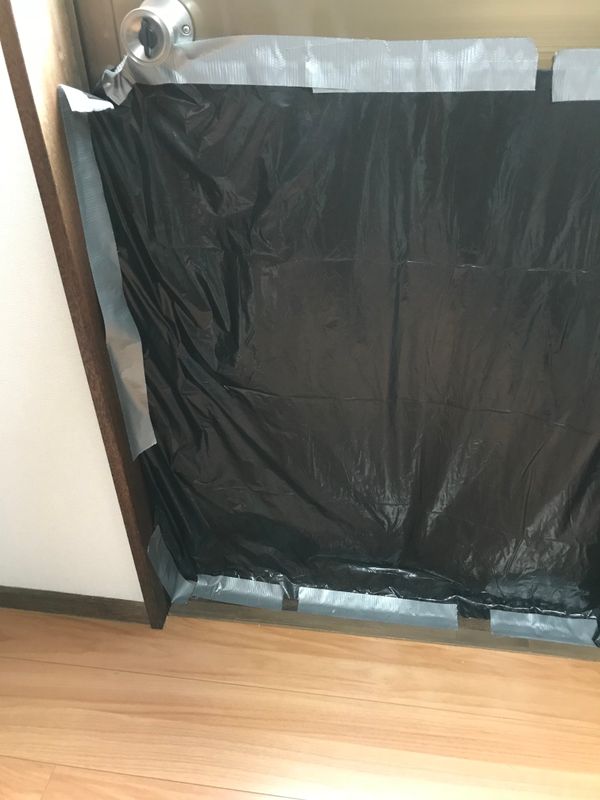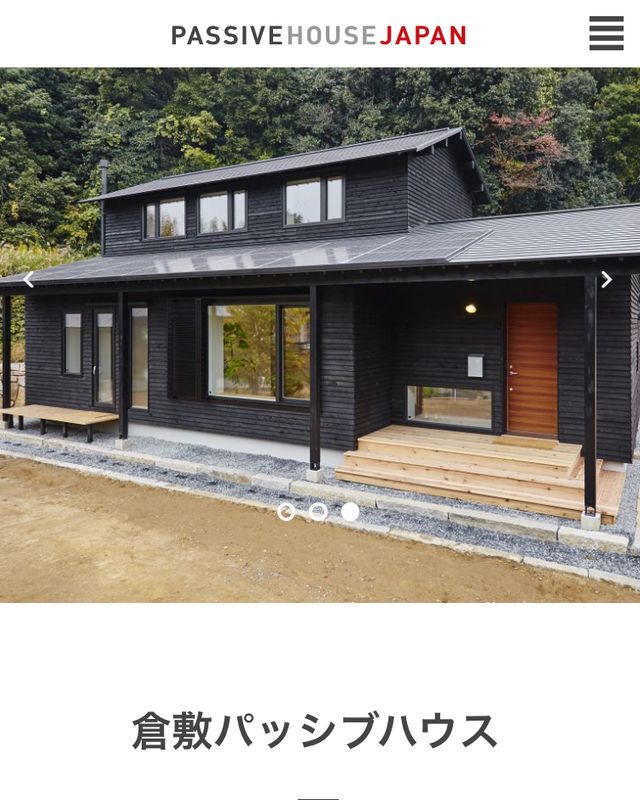Sep 3, 2018
Looking to build a house in Japan? Why you should consider a “Passivhaus”
Thinking about building a house in Japan? We are. It’s not a bad idea nowadays, especially out in rural areas where population is declining, land is valued at a fraction of what it was during the bubble economy years, and construction companies are still plentiful and under-contracted. Still, the big question mark is the design of the house, especially when it comes to sustainability.
In traditional Japan, there were two types of homes built: those which were meant to last centuries, and those which were expected to be destroyed at least once a generation. It’s true: between earthquakes, typhoons, and manmade disasters, many homes were built based on efficiency rather than quality. Believe it or not, when there was a fire in the past, firefighters didn’t rely primarily on water to put out the fire, they used axes and picks to destroy surrounding homes to isolate the fire until it went out mostly on its own.
In many ways, homes in modern Japan are similar, but for different reasons.

The houses built in the bubble period prioritized cost efficiency, but did so at the expense of things that make a home more sustainable like sturdy building materials, proper insulation, and durable wiring/plumbing. It meant that many homes could built cheaply and quickly, but if you’ve ever lived in one of those era’s houses, you notice how energy bills go through the roof in cold winters and hot summers, you (or your landlord) spends a lot of money on maintenance and repairs, and the overall condition of the house deteriorates pretty rapidly after about 20-30 years. Not to mention the fact that you find workarounds for managing those drafty houses (like our classy “insulation” solution pictured below).

What my wife and I have been looking at is a relatively new concept in Japan: the Passivhaus (Passive House). Originally a German conception, the Passivhaus is meant to rely on sustainable architectural design to make it as “passive” a presence on the environment as possible. By using good insulation, wise design to maximize air flow, and taking into account the unique climate of the area and position of the home (direction of sunlight, amount of wind, etc.), Passivhaus designs are meant to keep your home at a pleasant temperature, regulate the amount of moisture, and maximize energy efficiency. In principle, the Passivhaus is meant to have zero energy footprint, but in many cases, the homes can have positive energy output, meaning they produce more energy than they consume.
If you’re wondering whether the homes sacrifice charm for efficiency, just check out the Passive House Japan website (screenshot below). These homes are beautiful, and the fact that they are designed so smartly makes them more comfortable and unique.

Of course, there are a few downsides to Passive Houses. First, they cost about 10-15 percent more than standard homes. Second, you tend to lose a little square footage based on the thickness of the walls. Still, the costs savings from energy bills and the fact that you have more usable floor space in the winters and summers when other homes have to close off rooms that are not climate controlled makes up for those downsides.
We’ll be looking for architects and builders through Passive House Japan. If you’re thinking about building a home here, I recommend doing the same!
Hitting the books once again as a Ph.D. student in Niigata Prefecture. Although I've lived in Japan many years, life as a student in this country is a first.
Blessed Dad. Lucky Husband. Happy Gaijin (most of the time).



2 Comments
edthethe
on Sep 6
This!! I wish that we had had the ability to build a house because this is what both my husband and I would have gone for.
Candiajia1
on Oct 29
such a great idea; and at the end of the day it will work out to be a win-win situation!